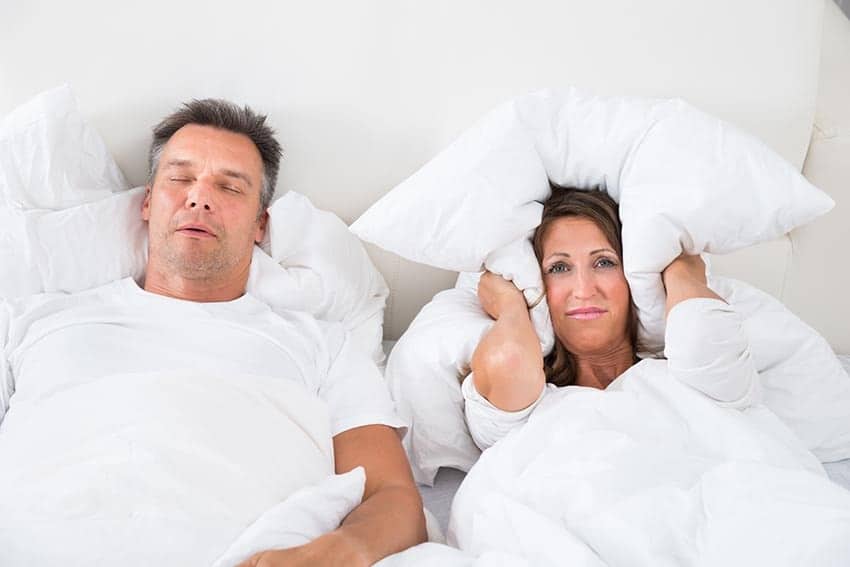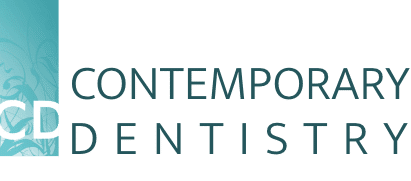Dangers of Snoring
It’s important to take snoring seriously because it’s been associated with many serious health risks.
Snoring is a sign that you are not getting easy access to air while you’re sleeping. It’s one of the most noticeable signs of sleep apnea, and anyone who snores should be tested for sleep apnea.
But even if you don’t have sleep apnea, snoring can be dangerous. The vibrations from snoring can damage key arteries in the chest and throat. The microinjuries turn into tiny scars, and the scars contribute to the hardening of arteries (atherosclerosis). Snoring has been independently linked to coronary artery disease and stroke risk.
Snoring has been linked to sexual dysfunction and to complications during pregnancy. It’s also a major source of relationship tension, leading to arguments, divorce, and domestic violence.
People who snore are more likely to nod off behind the wheel, increasing their accident risk.
If you are a snorer, you should seek treatment.

What Causes Snoring?
Snoring is caused by constricted airways. When your airway narrows, the airflow becomes turbulent, which causes the adjacent soft tissue to vibrate, and these vibrations create the sound that we hear. What leads to narrow airways? There are many potential causes, including:
- Underdevelopment of upper or lower jaw
- Poor jaw position
- Deviated septum or other nasal structures
- Nasal congestion
- Inflammation
- Weight gain
- Sleep position
- Alcohol or drugs
With these numerous potential causes, your snoring will usually not have just one cause. Often, we can identify multiple causes, and sometimes successful snoring treatment requires a combination of multiple approaches.
Snoring Treatment
You should talk to your doctor about your snoring if you:
- Have been diagnosed with high blood pressure
- Experience daytime sleepiness
- Doze off behind the wheel
- Have been told that you stop breathing in sleep
Otherwise, you can start by trying to treat snoring at home.
One of the easiest ways to reduce your snoring is to change your sleeping position. People who sleep on their back are more likely to snore.
You should also identify allergens in your sleep environment and try to reduce or eliminate them.
Speaking of allergens, it’s not a bad idea to get tested for food allergies, and try to avoid foods that trigger allergies during the night.
Try to avoid alcohol close to bedtime. Alcohol might help you fall asleep, but it’s associated with poor sleep overall, and it can contribute to snoring.
You might try nasal breathing strips. These can help if your nose is the source of your snoring. Other over-the-counter snoring treatments are generally ineffective and can be harmful.
If your efforts to control snoring at home don’t work, we invite you to contact us. We will assess your jaw position and airway to determine whether an oral appliance will be effective or if other treatments are recommended.
If you’re looking for effective snoring treatment in Rochester, NY, please call (585) 244-3337 today for an appointment with a sleep dentist at Contemporary Dentistry.
